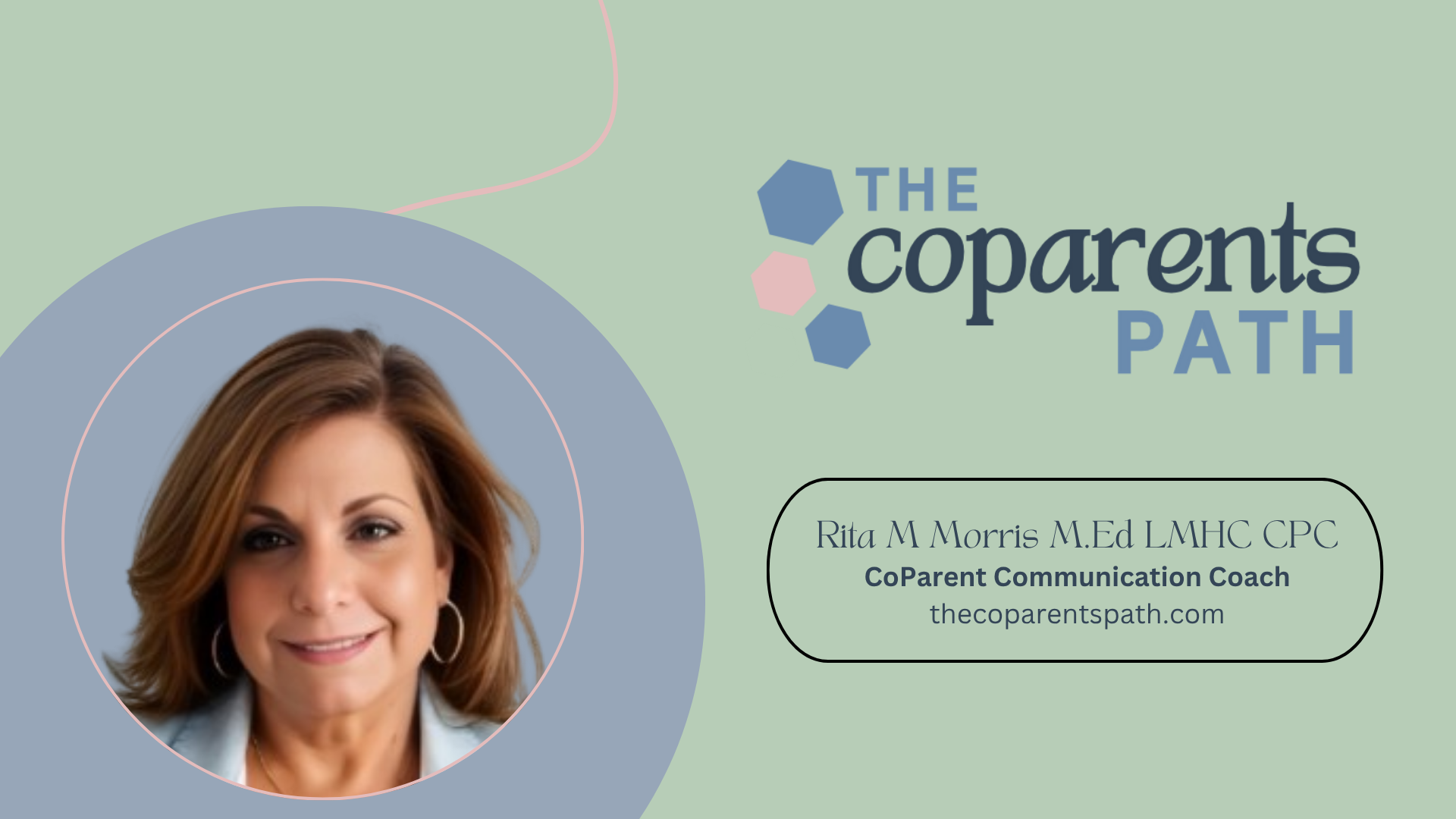Can My Child Thrive If My Ex Won't Co-Parent?
Nov 04, 2025
You've tried everything.
You've sent the perfectly worded texts. You've suggested therapy. You've bit your tongue a thousand times hoping your ex would finally "get it" and put your child first.
But they're still not on board.
And meanwhile, your child is caught in the middle—watching, absorbing, and internalizing every bit of the tension between their two homes.
Here's what I've learned after two decades of co-parent coaching: You cannot control your ex's choices. But you can absolutely influence your child's emotional resilience.
The Shift That Changes Everything
The co-parenting world is finally catching up to what child development experts have known for years—children's emotional wellbeing in separated families isn't just about logistics and custody schedules. It's about how we help them process the seismic shift in their family structure.
Child-behavior expert Bryan Post has spent years teaching parents that children's "bad behavior" is actually stress behavior—their nervous system's response to feeling unsafe or overwhelmed. When kids are acting out during transitions, resisting custody exchanges, or suddenly struggling in school, they're not being difficult. They're communicating distress in the only way their developing brain knows how.
This reframes everything about supporting children through divorce. Instead of focusing on compliance or "fixing" behavior, we focus on what the child's nervous system needs to feel safe. And that's something you can provide—even when your ex won't cooperate in co-parenting.
This matters because your child is navigating loss, confusion, divided loyalty, and often anxiety about their future—all while their brain is still developing the capacity to regulate those big emotions.
When Your Ex Won't Co-Parent: The Child-First Pivot
One of the most painful realities I see in my practice is the parent who is doing all the work—reading the books, learning the frameworks, practicing emotional regulation—while their ex remains combative, dismissive, or checked out.
If this is you, I want you to hear this: Your solo efforts are not wasted.
When you can't change the other parent's behavior in high-conflict co-parenting, you can change your child's experience in your home. You can become their safe harbor. You can model emotional health. You can teach them the skills they'll need to navigate not just this divorce, but every relationship challenge they'll face in life.
This is the Child-First pivot—and it's incredibly powerful.
What Emotional Resilience Actually Looks Like in Children of Divorce
Resilience isn't about your child being "fine" or never feeling sad about the divorce. It's about equipping them with:
-
Emotional literacy: The ability to name what they're feeling without shame
-
Regulation tools: Age-appropriate strategies to calm their nervous system when they're overwhelmed
-
Secure attachment: The confidence that at least one parent is consistently available, attuned, and safe
-
Permission to love both parents: Freedom from loyalty binds and the burden of taking sides
-
A coherent narrative: Help making sense of their story in a way that doesn't villainize either parent
When children have these foundations for emotional resilience, they don't just survive divorce—they develop emotional intelligence that serves them for life.
Research from the American Psychological Association shows that children's adjustment to divorce depends less on the divorce itself and more on the quality of parenting they receive afterward. You have more influence than you think.
Trauma-Informed Co-Parenting: A New Framework
Traditional co-parenting advice assumes both parents are willing and able to collaborate. But what about high-conflict situations? What about when one parent is emotionally dysregulated, manipulative, or simply absent?
This is where trauma-informed co-parenting becomes essential for supporting children's emotional wellbeing.
Trauma-informed practices recognize that:
-
Your child's nervous system is on high alert during transitions and conflict
-
Predictability and safety are more important than perfection
-
Your child may be experiencing symptoms of trauma (hypervigilance, withdrawal, regression) even if the divorce was "amicable"
-
Healing happens in relationship—specifically, in your relationship with your child
You don't need your ex's participation to create a trauma-informed environment in your home. You can:
-
Establish consistent routines that signal safety
-
Validate your child's feelings without badmouthing the other parent
-
Teach co-regulation before expecting self-regulation
-
Create rituals that honor both homes and both parents
-
Seek your own support so you're not leaning on your child emotionally
Learn more about trauma-informed parenting approaches that work even when co-parenting is difficult.
What This Means for Your Family
If you've been stuck in the "my ex won't cooperate" loop, this is your permission to shift focus.
Stop waiting for your ex to change. Start investing in your child's emotional toolkit.
This doesn't mean you stop trying to communicate effectively or advocating for what's best. It means you recognize that your child's resilience is not dependent on your ex's cooperation.
You have more power than you think when it comes to building child emotional resilience during divorce.
Moving Forward: Practical Steps for Supporting Children Through Divorce
The conversation around co-parenting is evolving—and it's about time. As more experts bring child-centered, trauma-informed approaches into the mainstream, parents like you have access to better tools and frameworks.
But you don't have to wait for the industry to catch up. You can start today by asking yourself:
What does my child need from me right now—not to fix the co-parenting dynamic, but to feel safe, seen, and supported?
That question is your North Star.
Related resources:
Ready to Build Your Child's Emotional Resilience—Even When Your Ex Isn't On Board?
My 16-week coaching program uses the Child-First Framework to help you become the calm, confident parent your child needs during this transition. You'll learn practical tools for supporting your child's emotional health, setting boundaries that protect your peace, and creating a home where your child can truly thrive.
Book a complimentary consultation and let's talk about what's possible for your family.
About the Author:
Rita Morris, M.Ed., LMHC, CPC, is a licensed mental health counselor and founder of The CoParents Path. With two decades of experience, she specializes in helping co-parents move from conflict to clarity using trauma-informed, child-centered approaches. Rita is also a BeH20 certified coach and certified mediator.
Cooperative Coparenting Is Possible!
Get started today by downloading my Coparent Communication Essentials.


